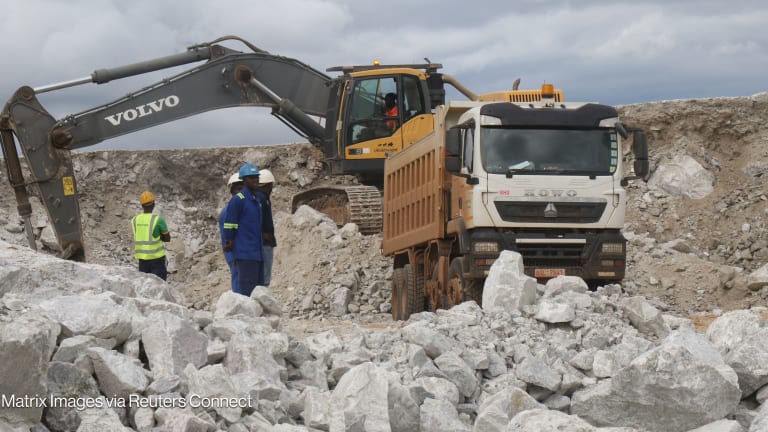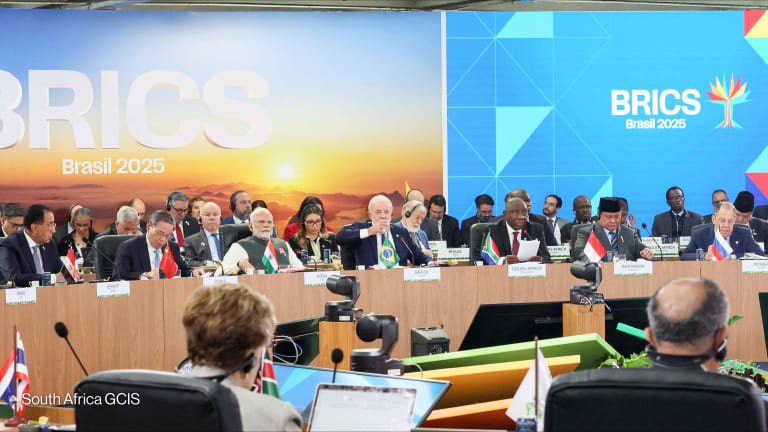
The fallout from the 2016 European Union referendum continues to dominate the United Kingdom’s political landscape. But amidst the ongoing fire and fury, the impact of Brexit on the world’s poorest people is one of the great under-reported stories of our time.
As one arm of the U.K.’s oldest fair trade organization, we’ve always believed in the power of trade to change lives. At its best, trade can help create lasting solutions to poverty: The explosion in the demand and supply of fair trade products is an example of what is possible.
But we also know that fair trade accounts for a fraction of the goods and services bought and sold between the U.K. and the world’s poorest people. So, making improvements to the way that “mainstream” trade and business works is critical for tackling poverty.
See more related topics:
► What you need to know about the EU's new 'aid for trade' priorities
► A fair global tax system is imperative for development, experts say
Brexit posed a clear threat to the lives of millions of producers who sell their goods to the U.K. through the European Union’s “Everything But Arms” scheme. If the U.K. chose not to continue this duty-free market access for the world’s 48 least-developed countries, a giant new tariff wall could have kept their goods out or crippled their economies with a 1 billion British pounds ($1.4 billion) tax bill.
We brought together a diverse coalition of NGOs, including the Fairtrade Foundation, the Trade Justice Movement, Global Citizen, CAFOD, Christian Aid and Oxfam, to make sure that this did not happen. Together, we persuaded members of parliament to keep the new Department for International Trade’s feet to the fire with emails, postcards, and petitions that asked politicians not to sacrifice existing good deals as they sought to “take back control.”
The good news is that this worked. Within months, the government had committed to protecting the current trading relationship with least-developed countries and replicate the “Everything But Arms” scheme. Moreover, the language from the International Trade Secretary Liam Fox was positive: “Our departure from the EU is an opportunity to step up our commitments to the rest of the world, not step away from them”.
Which makes what happened next a little frustrating.
Rather than build on the June 2017 announcement that provided much-needed reassurance for producers in the poorest countries, the government has so far failed to step up its commitments to the next tier of economically vulnerable developing countries: Those who are not at the very bottom but comprise a large chunk of the bottom billion. Instead, it is in the process of passing legislation which has wholly inadequate parliamentary oversight of this important policy area.
Kenya, for example, is the largest supplier of cut flowers to the EU, and the sector supports the livelihoods of 500,000 people, including 100,000 direct employees. But rather than create a modern preference scheme, as the United States, Japan, and Australia have already done, the government merely proposes to repeat past trade mistakes by replicating the EU’s flawed Economic Partnership Agreements — which would undermine local businesses and much-needed jobs.
We’ve made a Brexit breakthrough on trade, but the job is not complete. We now need the government to think again and show that it will use the power of trade to benefit everyone in the world who is struggling. That way we really will change trade for good.
This op-ed was published in partnership with the 2018 Bond Conference.
Search for articles
Most Read
- 1
- 2
- 3
- 4
- 5








